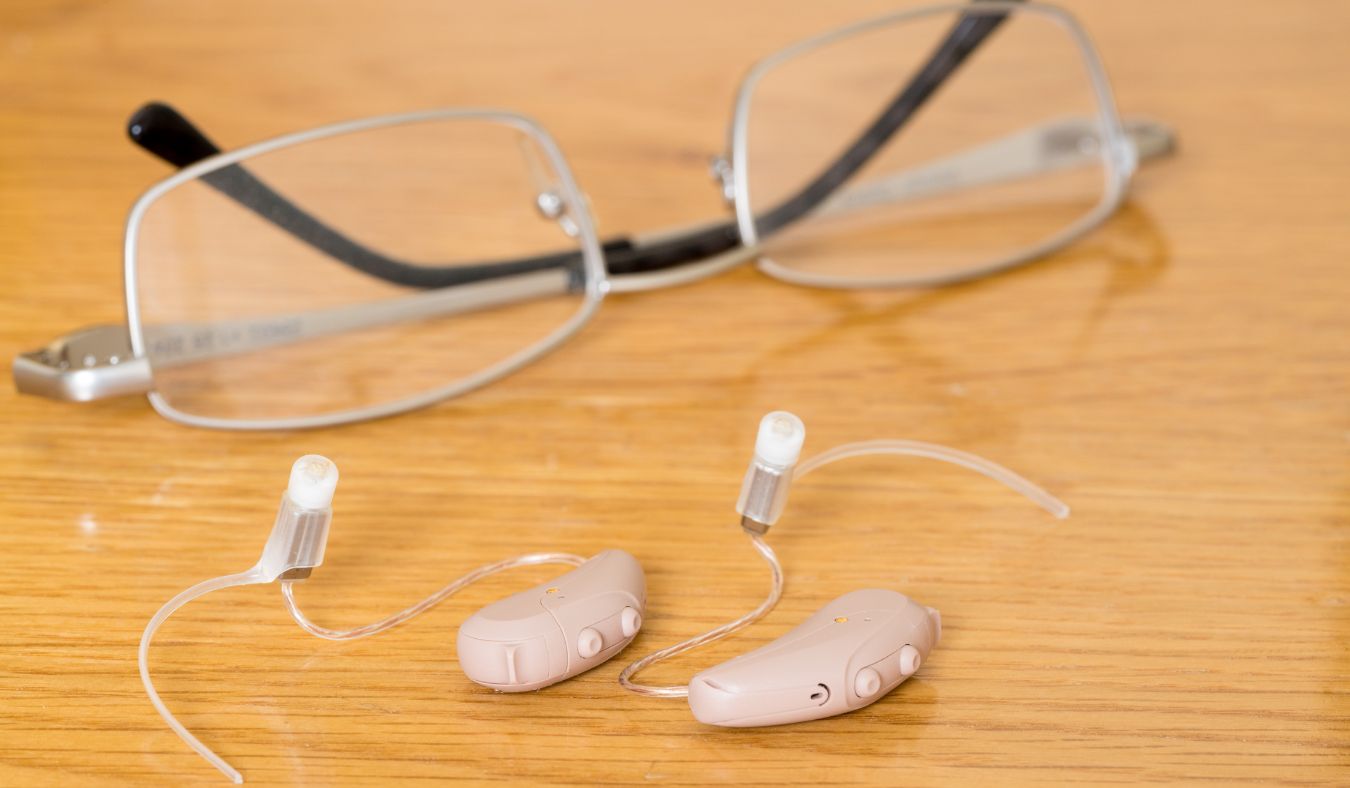The Impact of Hearing Aid Design on Wearer Comfort
When you’re choosing hearing aids, it’s easy to focus entirely


When you’re choosing hearing aids, it’s easy to focus entirely

Summer heat affects hearing aids differently than you might expect. When

Music plays different roles in people’s lives; it motivates you